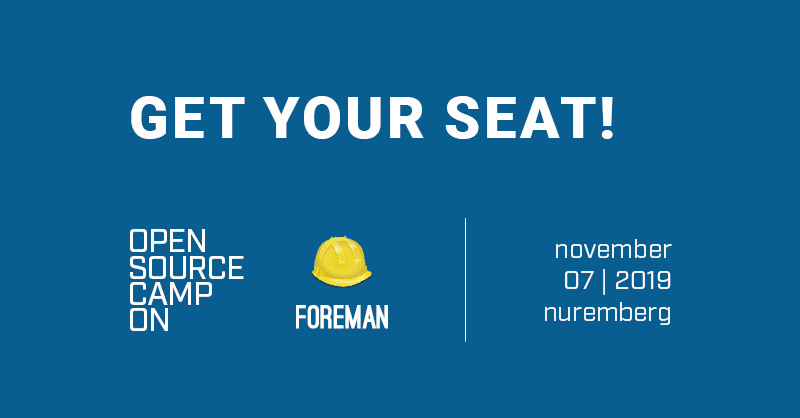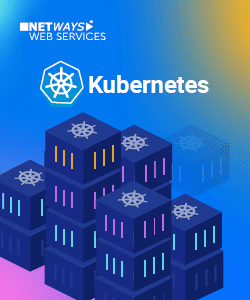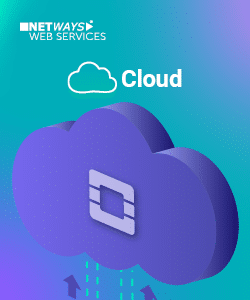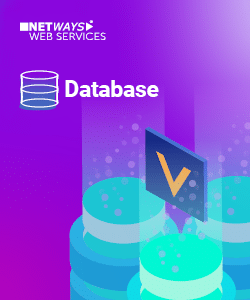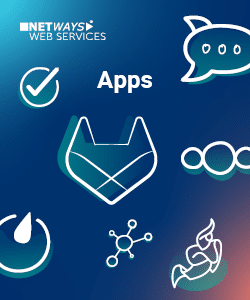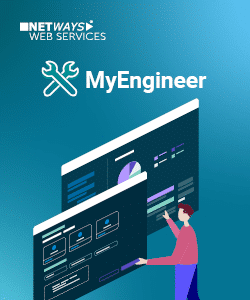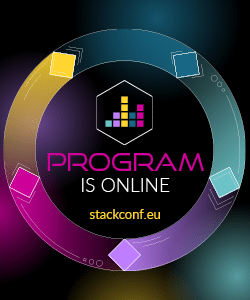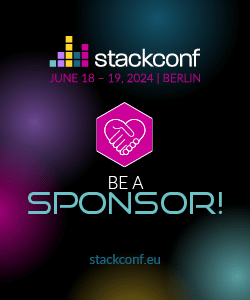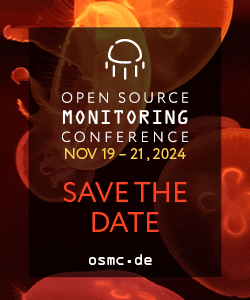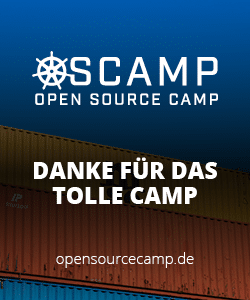Start with a laugh!
In the beginning of the month Nicole asked some of us what we found the most annoying aspect of working in an office. Not at all surprising was the most common answer: the printers! Yes, sometimes they seemingly do as they please! Read Nicole`s humorous blog on aggression at work! [Eine nicht ganz ernste] Betrachtung von Aggression am Arbeitsplatz.
Christians news
What`s new in Graylog`s latest release? Christian filled us in in Graylog 3.2 – Jetzt verfügbar. What else was Christian up to? Well, as a matter of fact, he developed Icinga Monitoring for Windows! Read all about it in Icinga for Windows 1.0 – Eine neue Ära.
The Shops` corner
Isabel let us know that STARFACE has expanded their product-range for smaller companies in STARFACE erweitert den Compact Bereich. Why is this SMSEagle so popular? Nicole gave us several reasons in Wieder verfügbar! SMSEagle MHD-8100 – 8 Modems für parallelen SMS Versand. She also gave us loads of information about the SMSEagle, including a video of the unboxing! Unboxing a Beauty – SMSEagle MHD-8100.
Techie tipps…
Dirk attended the Configmgmt Camp for the fifth time in a row. What was new in Gent this year? Config Management Camp Ghent 2020 – Recap. Thilo shared some insider tricks in Ansible – should I use omit filter? Blerim gave us tips on photo sizes and meta tags for social media in Quick Tip: Vorschaubilder in sozialen Medien.
Upcoming events
Julia shared some news in Deploy Peanutbutter:Jelly or: First stackconf speakers online! And Julia also let us in on why it is perfect to Sponsor stackconf 2020. Join us in Amsterdam in June! But first: listen to Julia and Get your Early Bird Tickets for IcingaConf! And then listen to her some more: The call for papers for the OSCamp on Bareos is still open! OSCamp on Bareos: Let’s talk about backups!
#lifeatnetways
NETWAYS goes Business Cup 2020! Niko is looking forward to taking part with the NETWAYS-team and informs about this and other sports- events we will attend this year! Read about Aleksander in our blog-series NETWAYS stellt sich vor, where new members of the NETWAYS-family share a bit about themselves. How much can a company do for the environment? A group of colleagues worked on the subject and Catharina concluded with Umweltschutz a la NETWAYS.
Exclusion of NPD and AfD supporters from our events
The most important blog of the month was written by our very own CEO Bernd. He has changed our code of conduct to puplicly announce that we do not tolerate racism and that therefore no members or sympathizers of the AFD or NPD are welcome to any of our events. He informed the NETWAYS team in our annual meeting, and immediately got a roaring applause

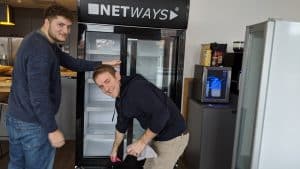
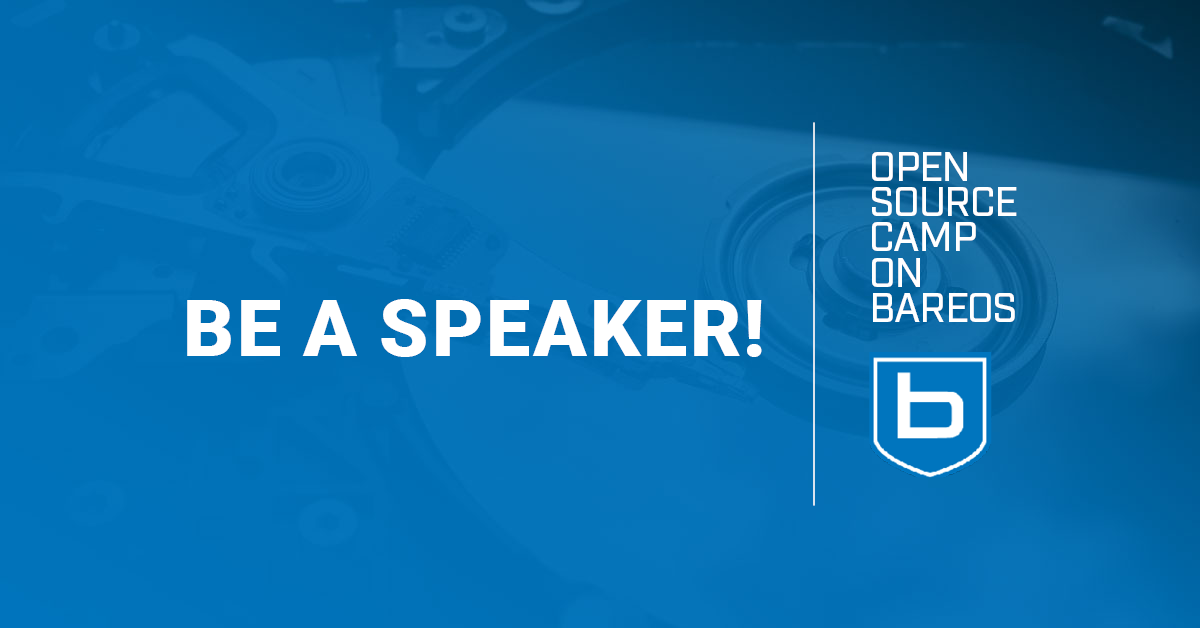

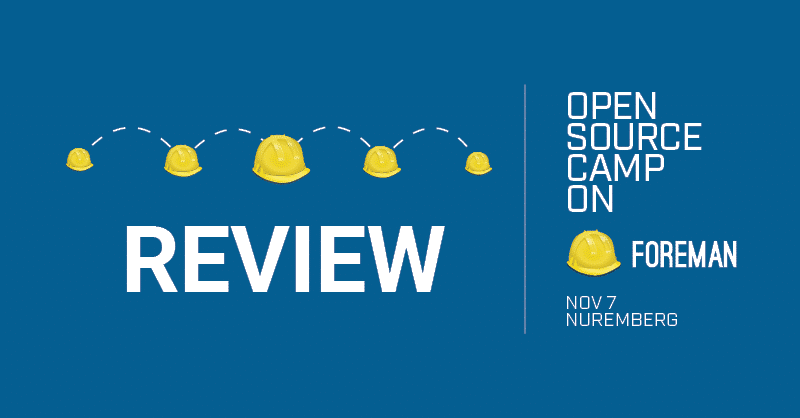
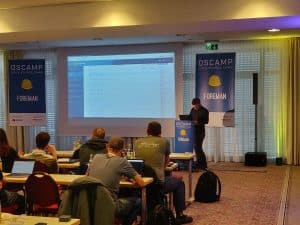 fferent and both have their advantages and disadvantages. By going through some basic steps, like role assignment, host creation and so on, he showed how one can do all that, but with Ansible. You can easily dynamically allocate roles and installations through Ansible to your Foreman hosts, but to make it even more specific one can set custom variables within the Ansible plugin for it to use, like foreman_repository_version. You could invoke a Job, like an Ansible Playbook, which will overwrite the variables previously set or make your installation more customizable from the get go. Install from git, run a playbook through ssh and more was covered during his talk. The plugin would not be a good alternative or viable if it did not hold up against the standards that puppet sets as a competitor. While Ansible doesn’t offer an inherit solution for reoccurring runs like every hour, the plugin does.
fferent and both have their advantages and disadvantages. By going through some basic steps, like role assignment, host creation and so on, he showed how one can do all that, but with Ansible. You can easily dynamically allocate roles and installations through Ansible to your Foreman hosts, but to make it even more specific one can set custom variables within the Ansible plugin for it to use, like foreman_repository_version. You could invoke a Job, like an Ansible Playbook, which will overwrite the variables previously set or make your installation more customizable from the get go. Install from git, run a playbook through ssh and more was covered during his talk. The plugin would not be a good alternative or viable if it did not hold up against the standards that puppet sets as a competitor. While Ansible doesn’t offer an inherit solution for reoccurring runs like every hour, the plugin does.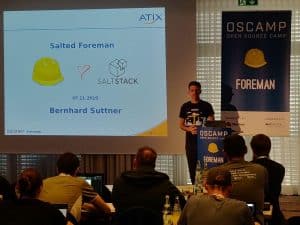 salt and Foreman environment means running a environment of managed hosts, which are salt minions and a foreman_smart_proxy, which will also be the salt master. He showed us what
salt and Foreman environment means running a environment of managed hosts, which are salt minions and a foreman_smart_proxy, which will also be the salt master. He showed us what 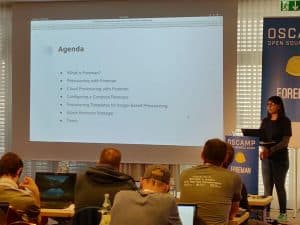 extend of Foremans capabilities in terms of provisioning. This was especially important because Foremans capabilities differ from its usual when it comes to cloud provisioning. After a quick trip through the configuration of compute resources and imaged-based provisioning templates we went onward to the
extend of Foremans capabilities in terms of provisioning. This was especially important because Foremans capabilities differ from its usual when it comes to cloud provisioning. After a quick trip through the configuration of compute resources and imaged-based provisioning templates we went onward to the 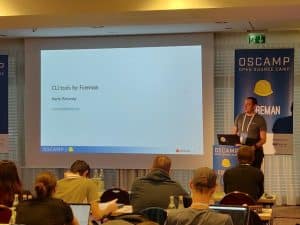 was his next tool, which is using
was his next tool, which is using 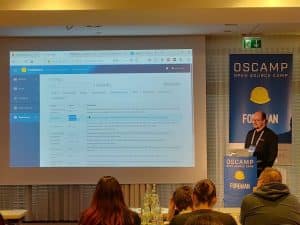 explained was plain and simple, because you where able to see it as he did it. At the very top of his agenda was Job Invocation/Remote Execution. Not that exciting you think? Well, more interesting is the best practice advice he threw in on the way, like there is no issue of the configured user because his password is not saved as plain text in the database. Then the development part was up. He showed a couple of jobs that he wrote himself. Easiest, which served as an example is a simple ping check. He pointed out important thoughts to keep in mind, while writing jobs, like default values. Before his talk came to a close he talked a bit about the Web Console which has been introduced and is yet not well known. The web console is pretty much a integration of Cockpit. A well experienced user in the Linux world won’t be that excited about this, but a less experienced user will love this.
explained was plain and simple, because you where able to see it as he did it. At the very top of his agenda was Job Invocation/Remote Execution. Not that exciting you think? Well, more interesting is the best practice advice he threw in on the way, like there is no issue of the configured user because his password is not saved as plain text in the database. Then the development part was up. He showed a couple of jobs that he wrote himself. Easiest, which served as an example is a simple ping check. He pointed out important thoughts to keep in mind, while writing jobs, like default values. Before his talk came to a close he talked a bit about the Web Console which has been introduced and is yet not well known. The web console is pretty much a integration of Cockpit. A well experienced user in the Linux world won’t be that excited about this, but a less experienced user will love this.
